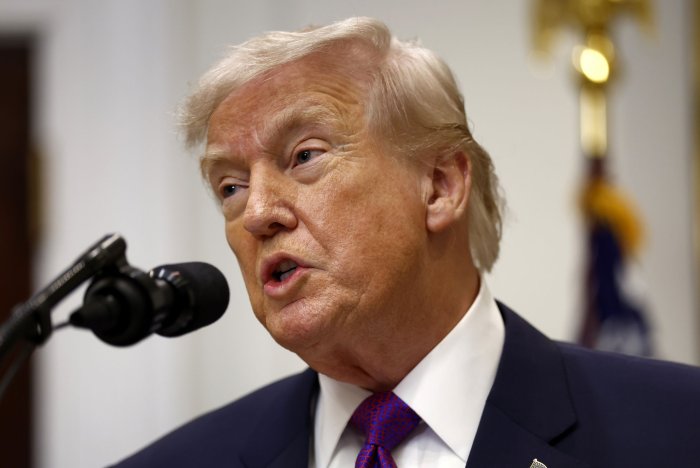Poll: 62% oppose ICE’s tactics in immigration efforts
Feb. 20 (UPI) — Most Americans disapprove of President Donald Trump‘s handling of deporting undocumented immigrants, according to a Washington Post-ABC News-Ipsos poll released Friday.
The poll of 2,600 people found that 58% disapprove of Trump’s handling of the issue, while 62% oppose the tactics of U.S. Immigration and Customs Enforcement. The poll was taken Feb. 12-17, after the shooting deaths of Renee Good and Alex Pretti in Minnesota.
Broken down by political party, 95% of Democrats disapprove of Trump handling of immigration, while 16% of Republicans agree. The latter figure is up from 13% in October. Independents feel he’s gone too far by 63%, which is up from 54% in October.
Trump’s approval rating on immigration has dropped steadily over the past year, and is down by 10%. He gets higher numbers on his handling of the U.S.-Mexico border, 47%.
Half of Americans support efforts to deport all undocumented immigrants, the poll showed. In October, a poll showed that 45% were in support of expanded ICE operations and 46% were opposed. Today, Americans opposed the expanded operations by 53% to 40%.
A large number — 77% — believe that a warrant from a judge is necessary to enter a person’s home, while 20% believe an administrative warrant is enough.
And though the administration says it is targeting “the worst of the worst,” about 33% of Americans surveyed believe that.
The Washington Post-ABC News-Ipsos poll was conducted Feb. 12-17, 2026, among 2,589 U.S. adults with a margin of error of 2 percentage points.

